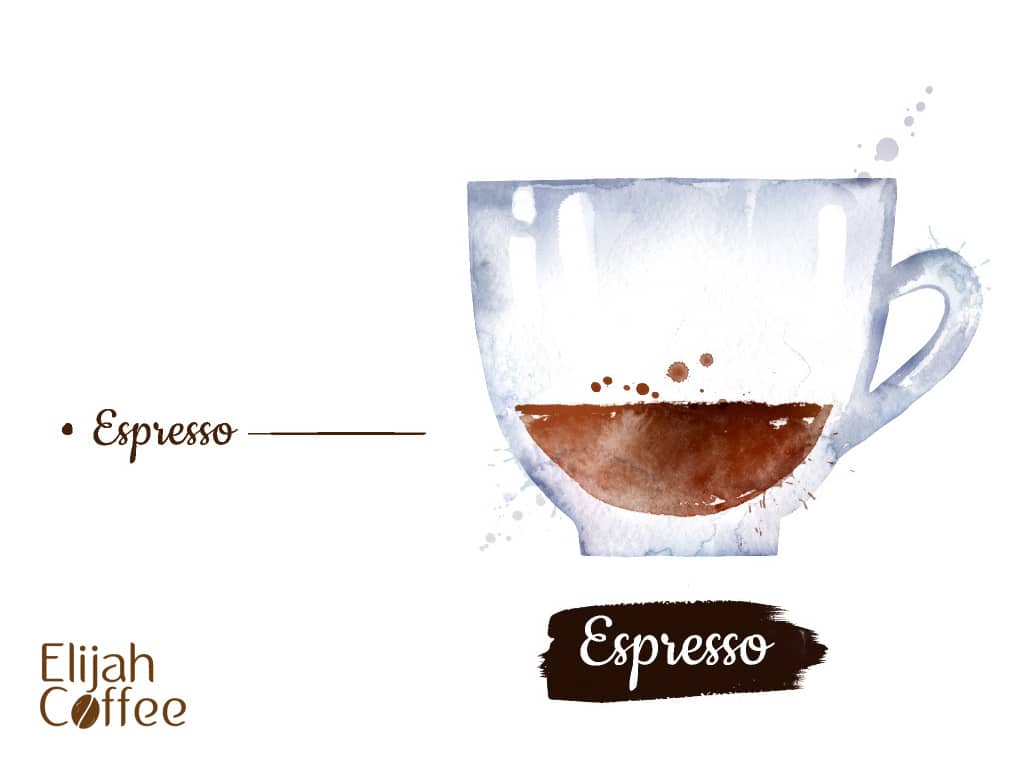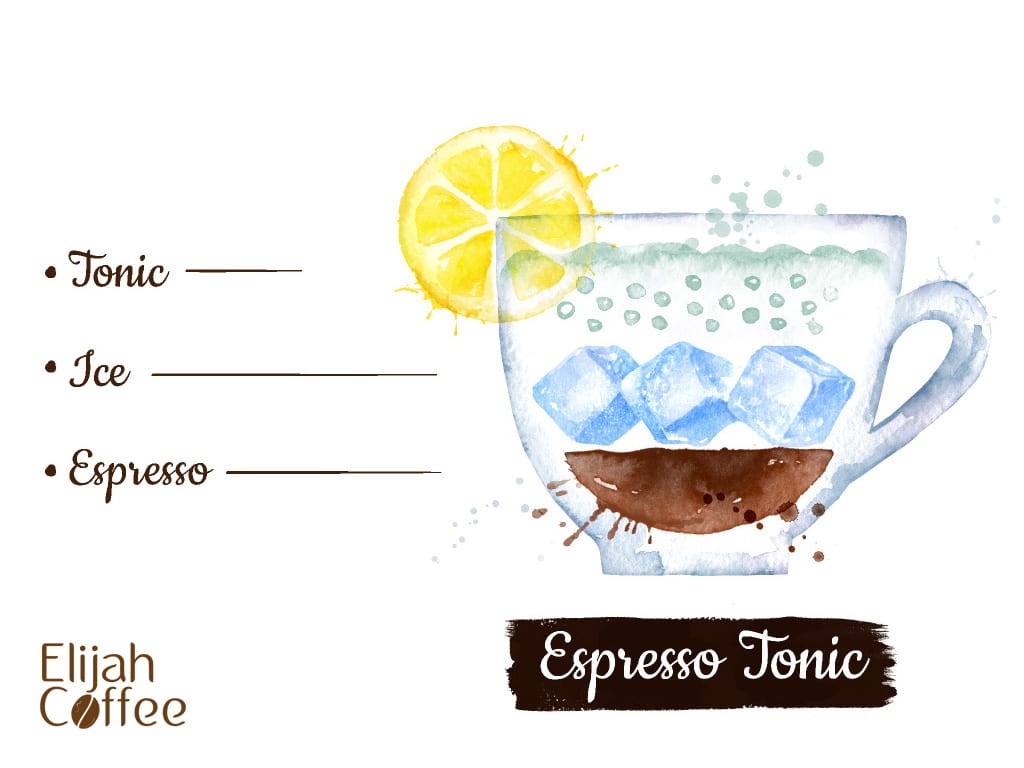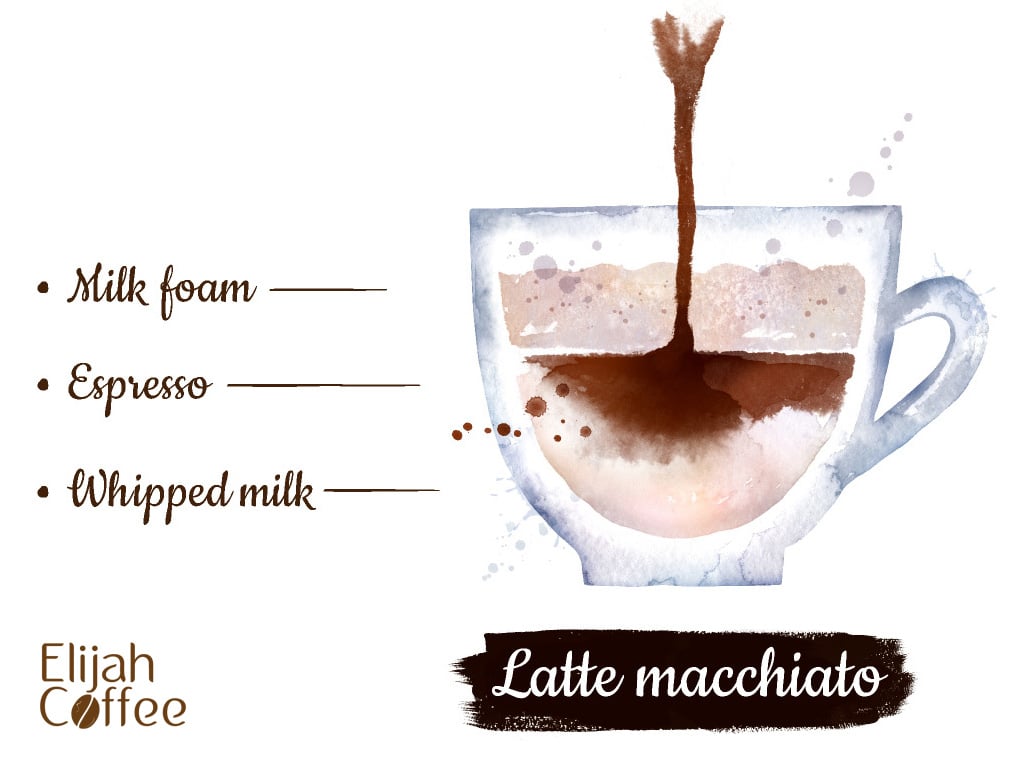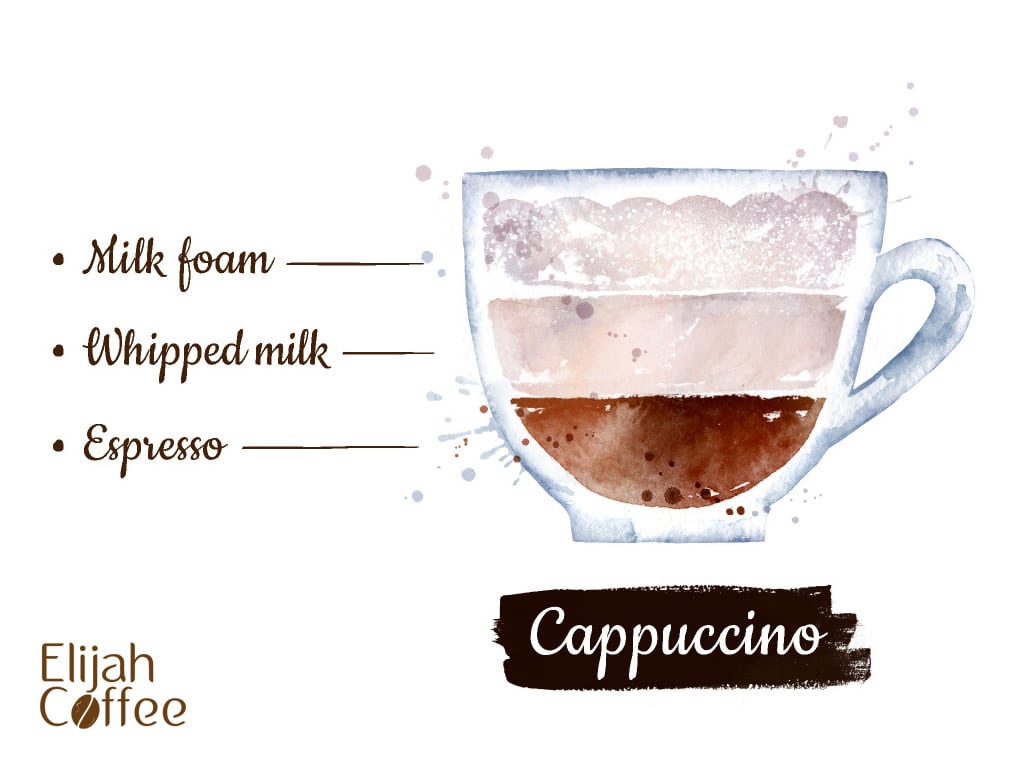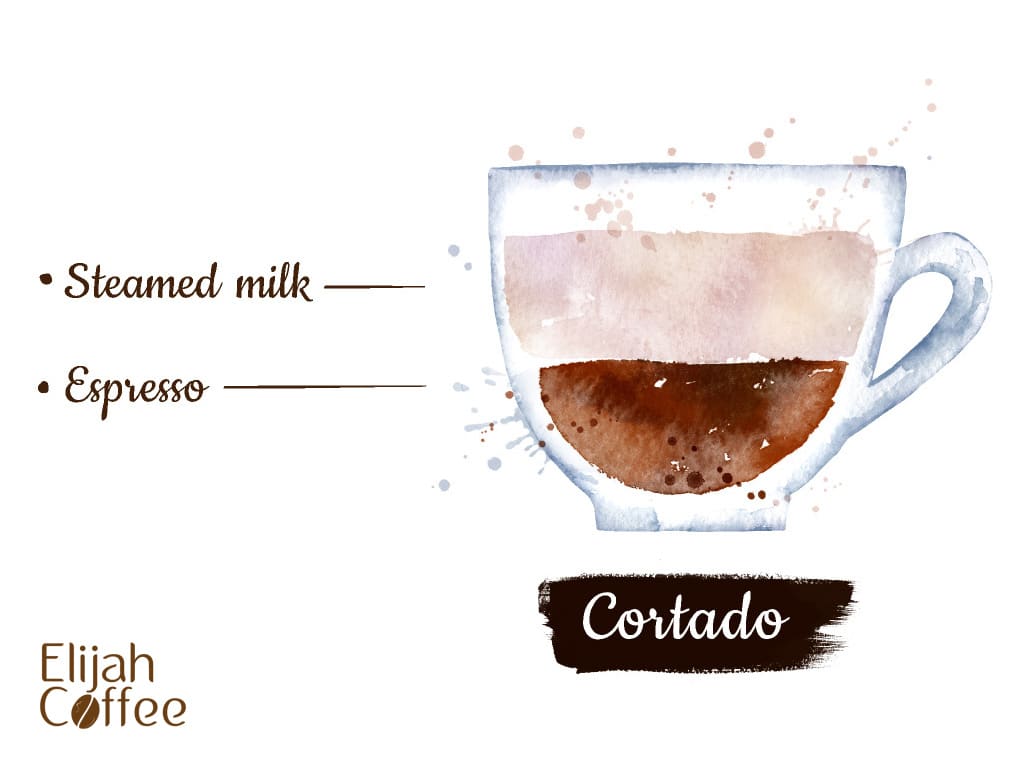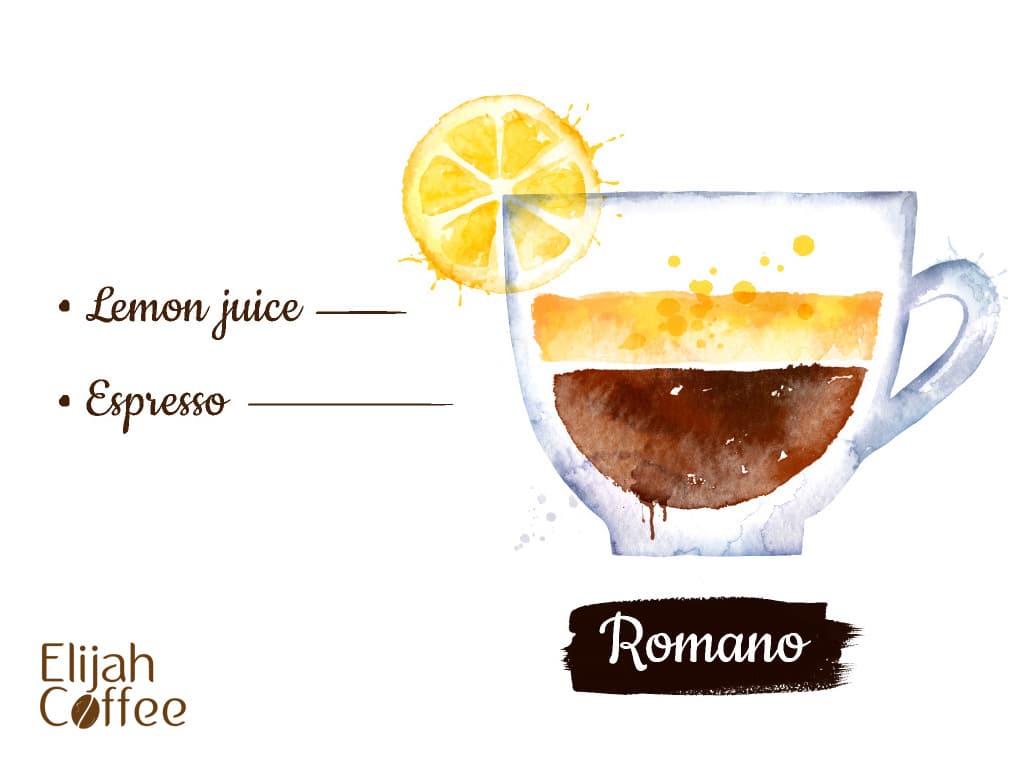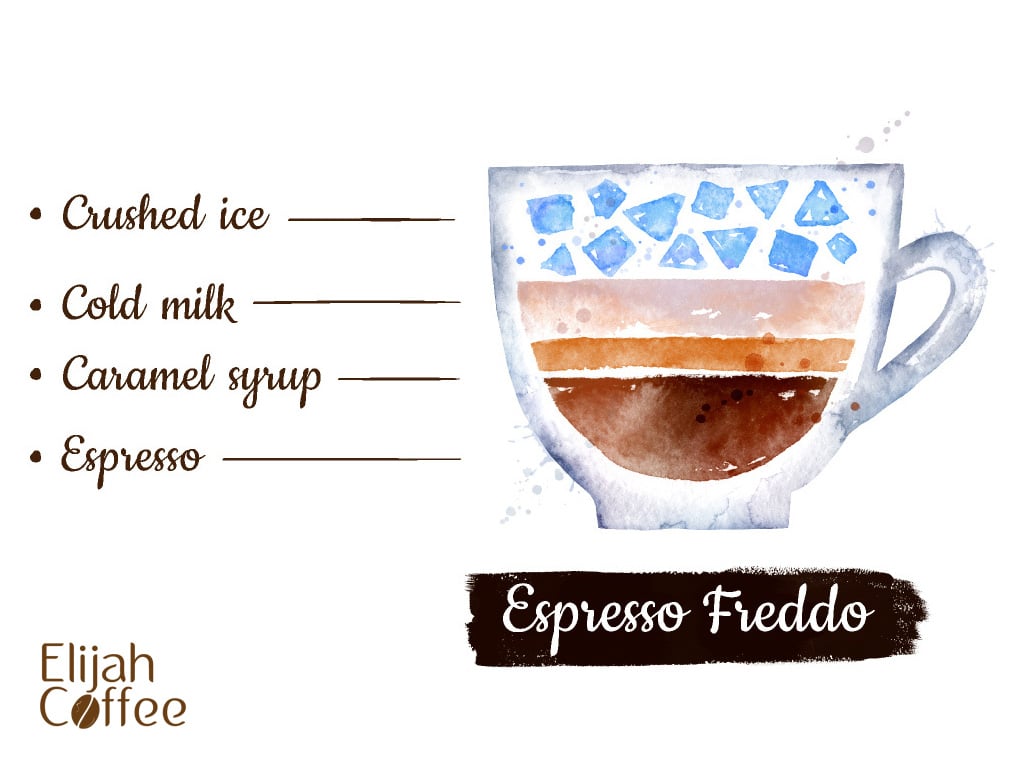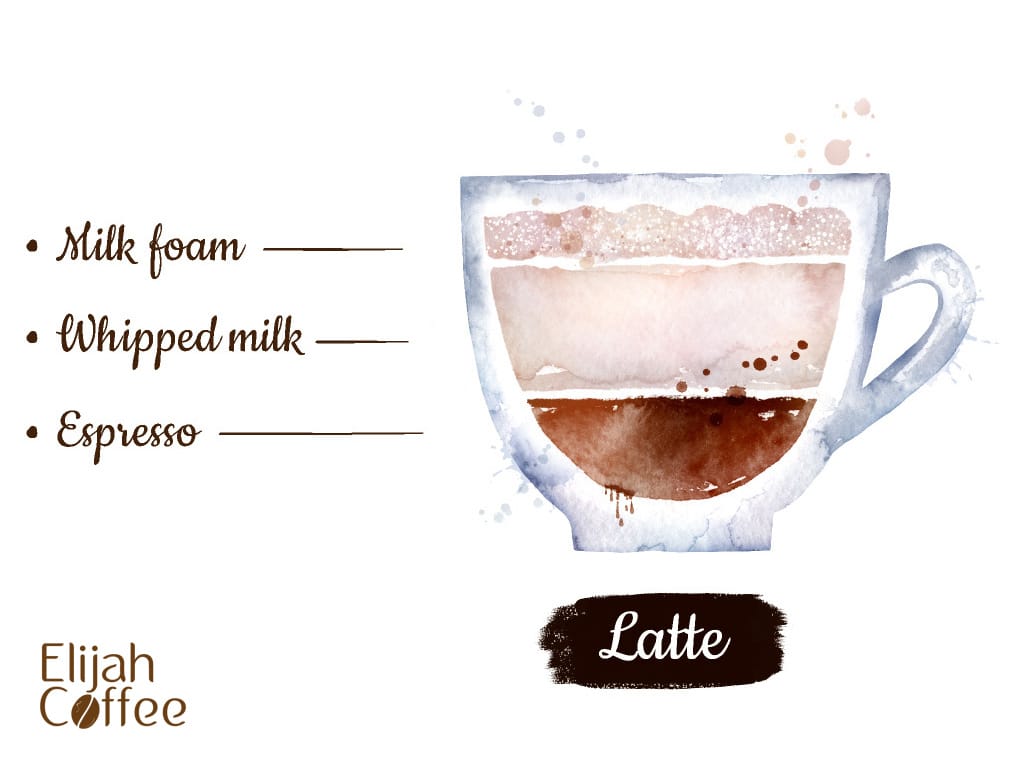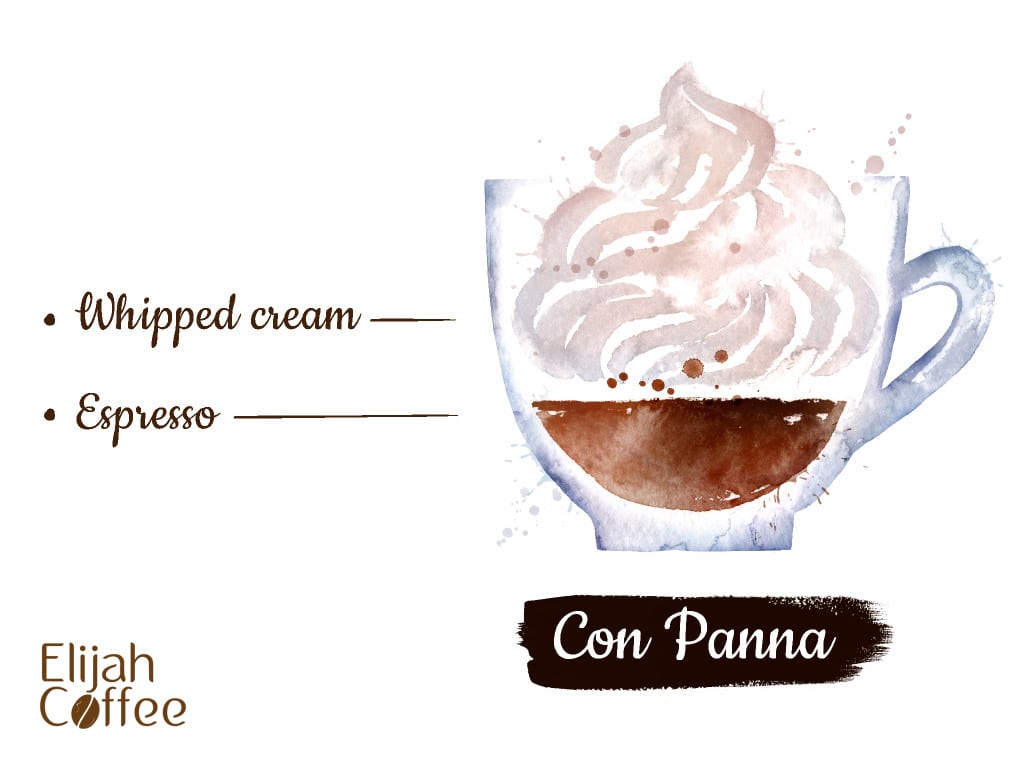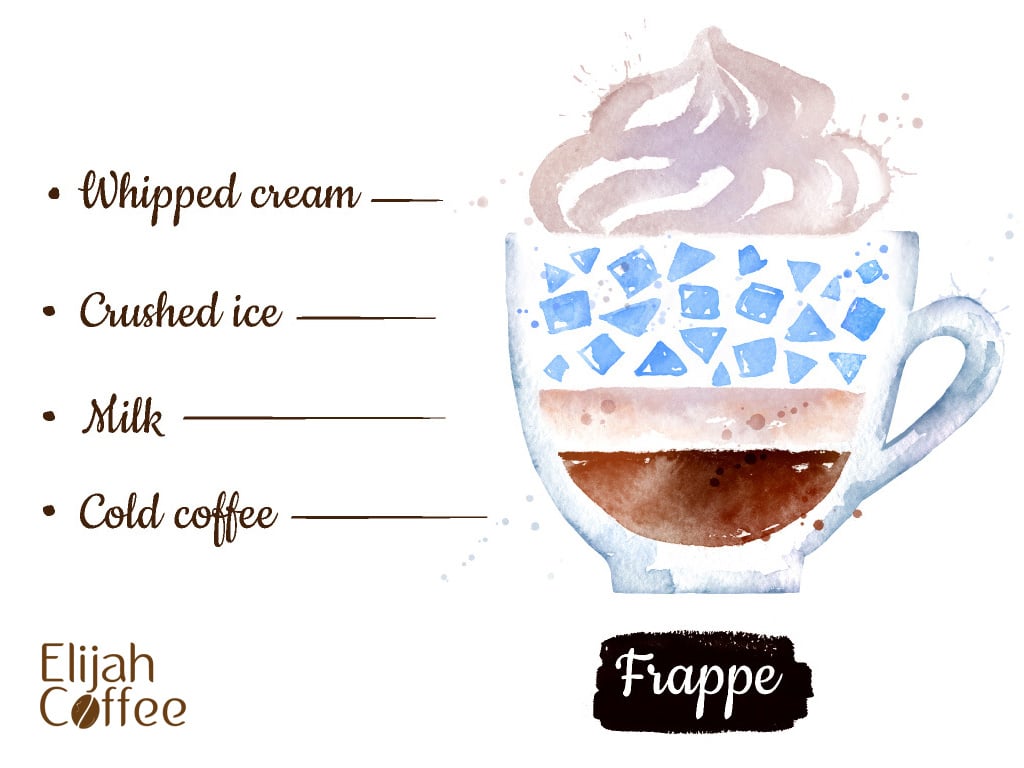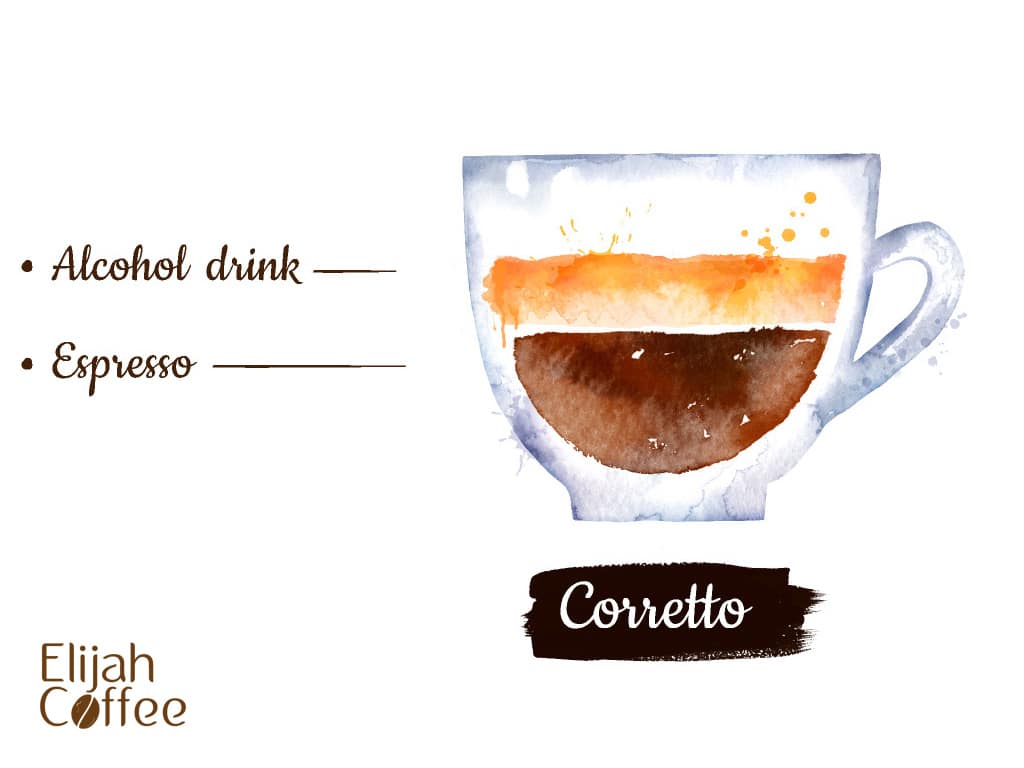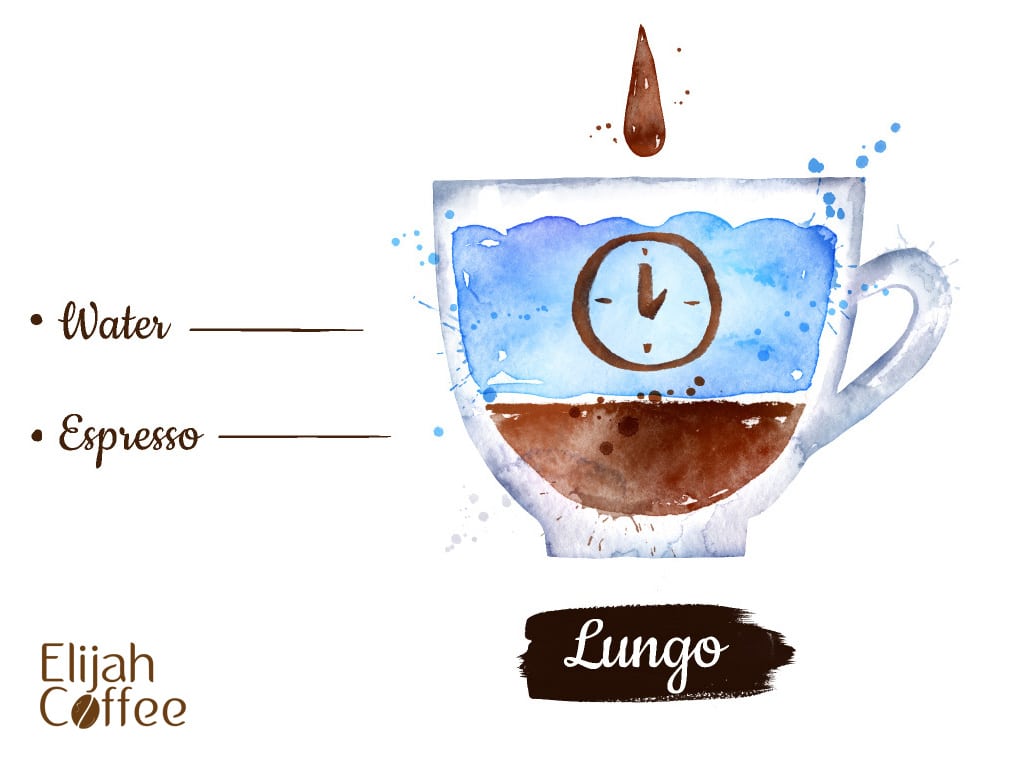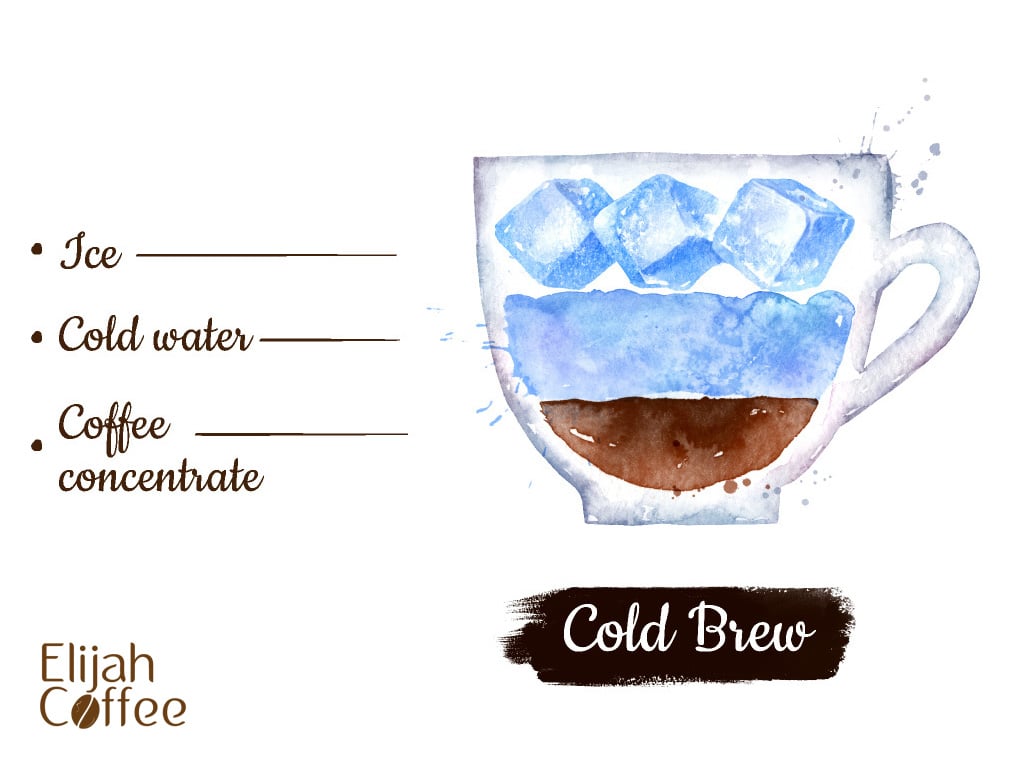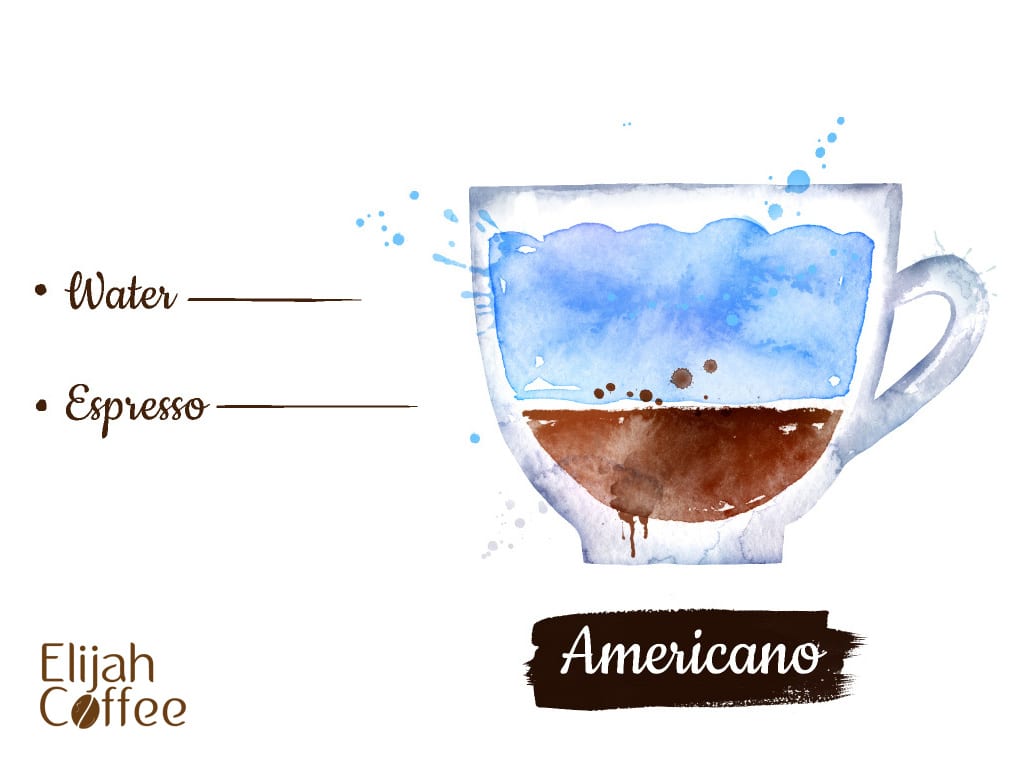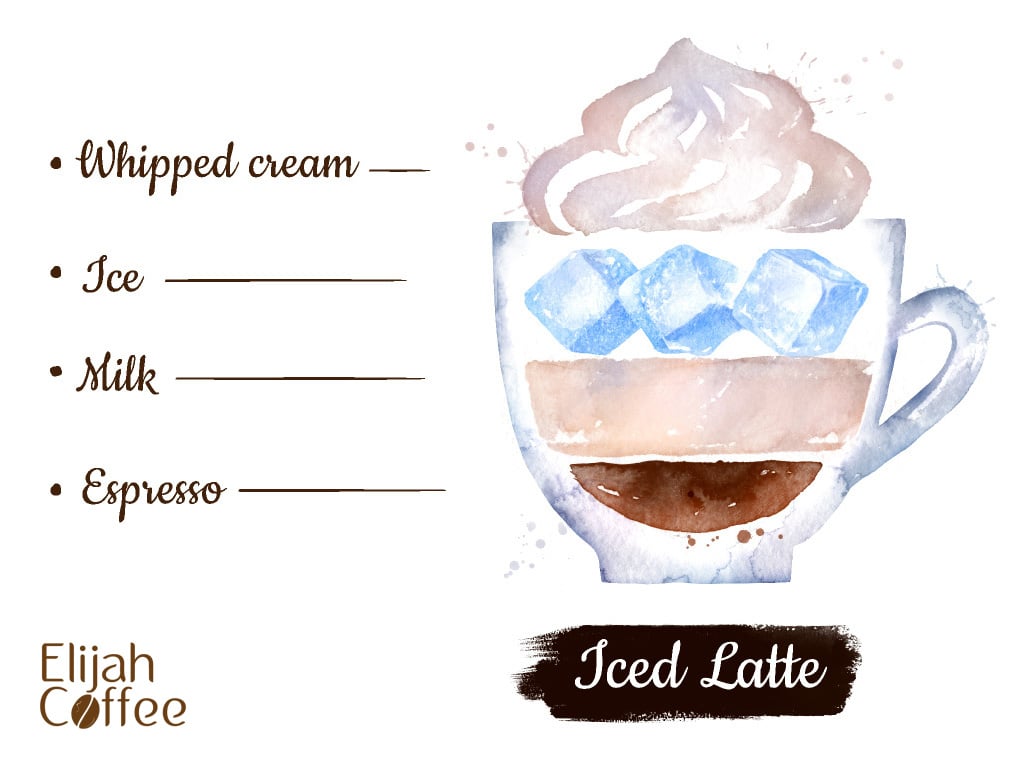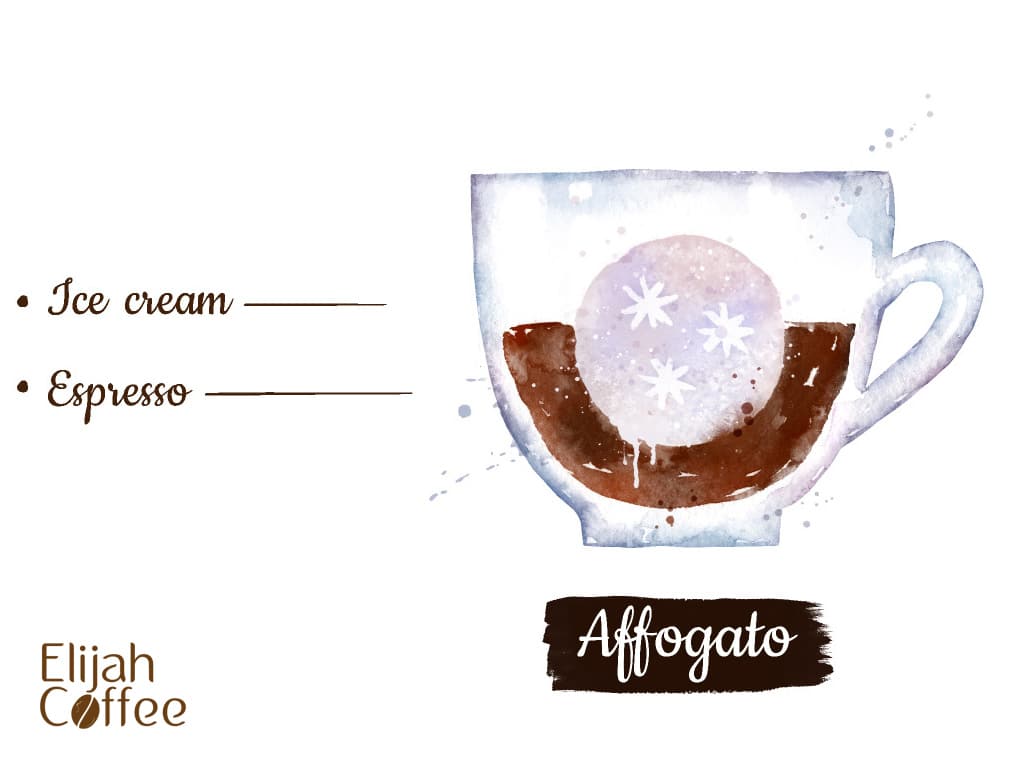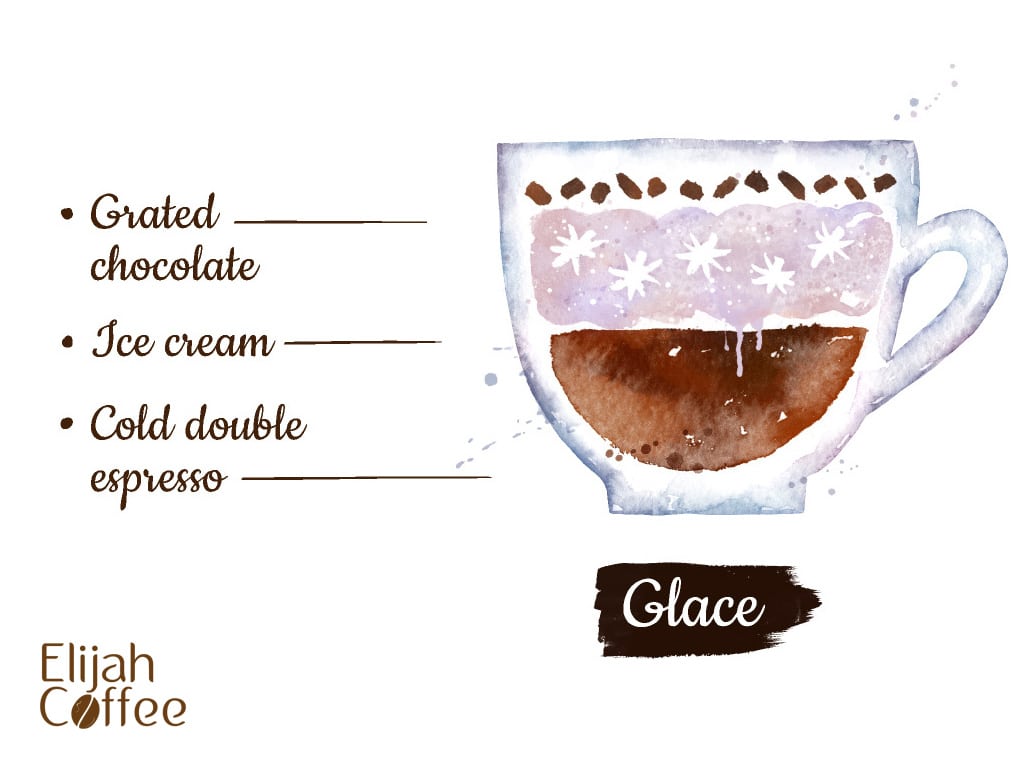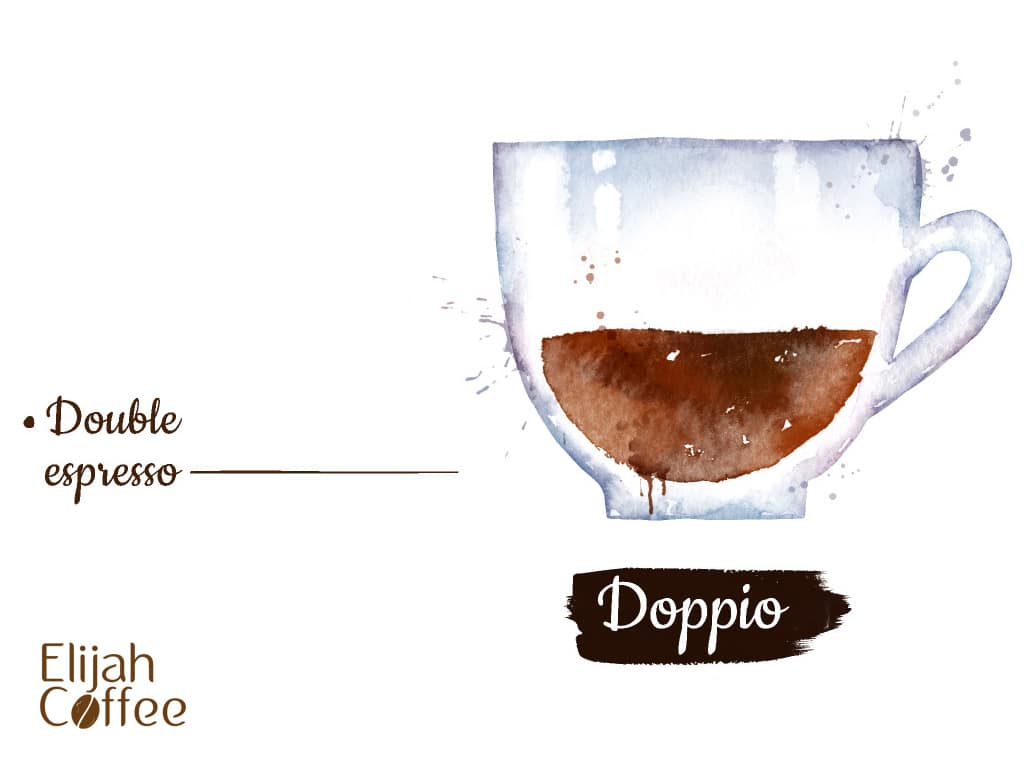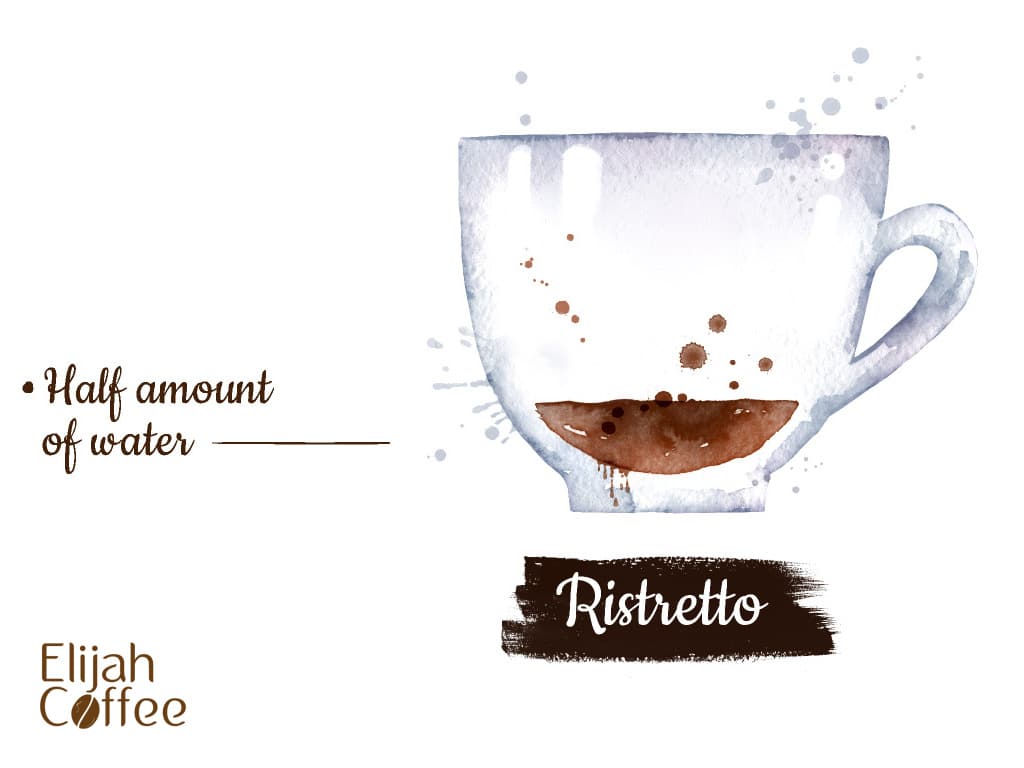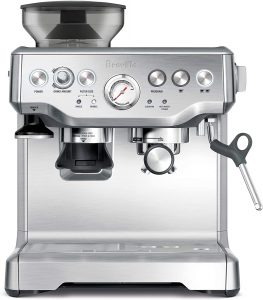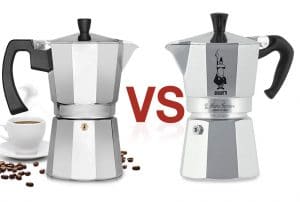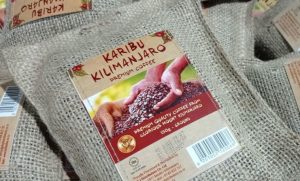A short answer: yes. At least as of right now.
But what does that “as of right now” mean, exactly?
Let’s go into more detail.
What You Need to Know About Aluminum
Aluminum is a widely used metal. Moka pots (Moka pot or Makineta, which is the same) are by far not the only kitchen utensil made of aluminum that you’ll be putting in your kitchen. In fact, aluminum is a very popular metal as far as kitchenware goes – pots and pans made of aluminum are very popular and have been for decades now, despite the ever-growing competition on the market.
This is due to aluminum’s inherent qualities – it’s lightweight, a good heat conductor which helps equally distribute it across the utensils’ surfaces and cook/heat whatever is placed in the pot/pan evenly, and fairly inexpensive, which is an ever-attractive quality in the eyes of both producers and consumers.
The myths about cooking with aluminum come from the fact that it does dissolve when heated so food (or – in our case – coffee) made in aluminum utensils absorbs some of it. At the height of the health craze this innocuous fact somehow got translated into “dear lord they’re trying to poison us all, get rid of all your aluminum pots and pans right now!”
In reality, a grown adult takes in between 10 and 20 milligrams of aluminum daily on average, most of it from food. Cooking food in aluminum utensils adds about one or two milligrams – no more.
While these numbers might seem scary, the World Health Organization has estimated that as an adult you can consume up to 50 milligrams of aluminum at least every day without causing any harm to your body.
I would advise against seeking out to consume aluminum daily on purpose just to check The WHO’s claims – but the fact is that cooking your food in an aluminum pot or brewing your coffee in an aluminum Moka pot won’t do any harm.
The Biggest Myth About Aluminum
If we’re to talk about the health craze, we definitely cannot skip the “aluminum causes Alzheimer’s disease” part.
While the “aluminum is poisoning us all” craze has slightly subsided over the recent years and only ever rears its head in obsessed internet-communities (though there’s no lack of them in this day and age so there are still a lot of people drum banging about the dangers of aluminum), the “overconsumption of aluminum might be linked to Alzheimer’s disease” is still hanging on, even in more critical and straight-thinking communities.
The reality of the matter is – there’s never been a large-scale study conducted specifically about aluminum consumption and its relation to Alzheimer’s disease. And as of right now it seems unlikely for any study to be conducted – it would require a lot of time and a lot of money, to produce a study group that would consume above 50 milligrams of aluminum every day over the years.
While some people who do suffer from Alzheimer’s disease might have consumed large doses of aluminum over the years – there’s simply no way to determine if it had any influence over it or even partially facilitated it somehow if the patient already had a genetic predisposition to it.
To reiterate: aluminum is a popular metal for making kitchen utensils and most people, fortunately, do not end up suffering from Alzheimer’s disease. Just listen to The WHO’s guidelines and don’t go out of your way to consume over 50 milligrams of aluminum every day – and it shouldn’t have any adverse effects on you.
Yes, even if you drink a few cups of coffee brewed in an aluminum Moka pot daily.
How to Be Extra Safe with Aluminum Utensils
Aluminum dissolves easier when the kitchen utensils get worn or pitted, so replace them every few years.
The longer the food is cooked or stored in aluminum, the greater amount of it gets absorbed – while this isn’t likely to add a dangerous amount, do not keep your food in aluminum utensils after cooking it. If you’re meal planning and need to store the food in the fridge – transfer it to a glass container with an airtight lid, this will make the food last longer.
Look into buying utensils with anodized aluminum – anodization means a layer of aluminum oxide has been deposited on the kitchen utensil’s surface. This type of cookware conducts heat just as well, but its surface is harder – it’s scratch-resistant, non-stick, and durable, taking a lot more to wear. And it reduces aluminum absorption into food.
While I’m not sure there’s a Moka pot made of anodized aluminum out there if you reduce aluminum absorption from other kitchenware, the coffee brewed in the Moka pot would be extra safe. Though it bears repeating, it’s already pretty safe. So just enjoy your coffee.
/////////////////////////////////
Did you know:





